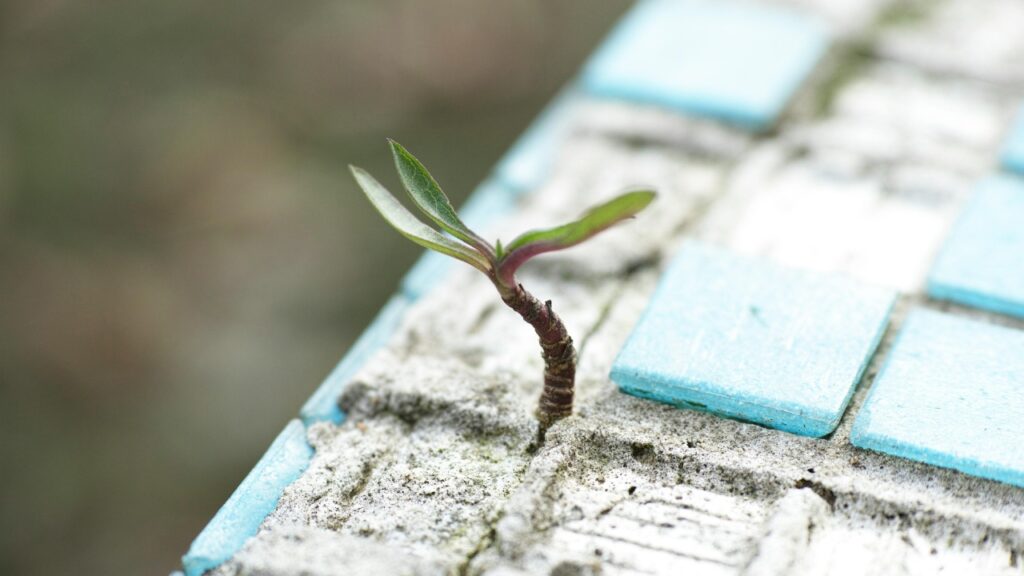When your teenager is struggling with mental health challenges, it can feel as though the difficulties will never end. The daily battles, the setbacks, the moments of progress followed by steps backward—all of these can leave parents feeling exhausted, worried, and sometimes hopeless about their teen’s future. However, even in the midst of ongoing challenges, there are profound reasons for hope that can sustain families through the most difficult times.
The Remarkable Resilience of Adolescents
Teenagers possess an extraordinary capacity for growth, change, and recovery that often surprises parents and professionals alike. The adolescent brain is still developing, which means it remains remarkably plastic and responsive to positive influences. This neuroplasticity—the brain’s ability to reorganize and form new connections—represents one of the most compelling reasons for hope during the teenage years.
While this same brain development can contribute to emotional volatility and poor decision-making, it also means that teens can recover from mental health challenges more completely than might be possible later in life. The patterns of thinking, emotional regulation, and behavior that seem entrenched during the teenage years are often more changeable than they appear.
At BlueRock Behavioral Health, we witness this resilience daily. Teens who arrive feeling hopeless, angry, or disconnected from themselves and others gradually rediscover their capacity for joy, connection, and growth. The transformation isn’t always linear or quick, but it happens consistently enough to reinforce our deep belief in every teenager’s potential for healing.
Growth Through Adversity
While no parent would choose mental health challenges for their teen, these struggles often become the foundation for remarkable strength, empathy, and wisdom. Many teens who navigate mental health difficulties during adolescence develop emotional intelligence, coping skills, and resilience that serve them throughout their lives.
The process of working through mental health challenges teaches teens valuable lessons about self-awareness, the importance of seeking help, and the power of perseverance. They learn that difficult emotions are temporary, that relationships can provide healing, and that they have more strength than they initially believed possible.
Our mountain setting at BlueRock provides natural metaphors for this growth through adversity. Just as the ancient Blue Ridge Mountains were formed through geological pressure and time, teens often discover that their struggles are shaping them into stronger, more compassionate individuals. The challenges that initially seemed destructive become part of their foundation for future success and wellbeing.

The Power of Authentic Relationships
One of the most hopeful aspects of adolescent development is teens’ responsiveness to authentic, caring relationships. Even teens who seem closed off or resistant to adult influence can be profoundly impacted by genuine connection with trusted adults and peers who believe in their potential.
In our relationship-based treatment model, we see how transformative these connections can be. Teens who have lost faith in themselves begin to see their worth reflected in the consistent care and belief of others. Staff members who maintain hope during a teen’s darkest moments often become crucial factors in their eventual recovery.
The therapeutic community at BlueRock creates multiple opportunities for these healing relationships to develop. Whether through shared outdoor activities, group therapy sessions, or quiet conversations by our campus pond, teens experience the power of being truly seen and valued by others. These relationships often provide the foundation for renewed self-worth and hope.
Small Steps Lead to Significant Change
Recovery from mental health challenges rarely happens in dramatic moments of transformation. Instead, it typically occurs through countless small steps, minor breakthroughs, and gradual shifts in thinking and behavior. While this process can feel slow to parents hoping for immediate improvement, these small changes are actually reasons for tremendous hope.
Each time a teen uses a coping skill instead of acting impulsively, chooses to participate in an activity rather than isolating, or asks for help instead of struggling alone, they’re building new neural pathways and strengthening their capacity for mental wellness. These moments may seem insignificant individually, but they accumulate into meaningful change over time.
Our integrated approach at BlueRock recognizes and celebrates these small victories. Academic success in our Bearwallow Academy program, positive peer interactions, or moments of genuine laughter during outdoor activities all represent progress worth acknowledging. By recognizing these incremental improvements, we help teens build momentum toward larger changes.
The Strength Found in Community
Mental health challenges can feel isolating for both teens and their families, but recovery often happens in community with others who understand the journey. At BlueRock, teens discover that they’re not alone in their struggles and that others have faced similar challenges and found paths to healing.
The peer relationships that develop in residential treatment often become sources of ongoing support and encouragement. Teens who initially felt different or broken discover that their experiences are more common than they believed and that recovery is possible because they see it happening in their peers.
Families also find hope through connection with other families navigating similar challenges. The isolation that often accompanies teen mental health difficulties begins to lift when parents realize they’re part of a larger community of families working toward healing and growth.
The Natural Healing Environment
Our location in the Blue Ridge Mountains provides more than just a beautiful backdrop for treatment—it offers a naturally healing environment that supports hope and recovery. The rhythm of natural cycles, the peace of mountain vistas, and the grounding effect of outdoor activities all contribute to teens’ healing process.
Many teens arrive at BlueRock having spent months or years primarily indoors, often connected to screens rather than nature. The simple act of spending time outdoors, breathing mountain air, and engaging with the natural world often produces noticeable improvements in mood, anxiety, and overall wellbeing.
The metaphors available in nature—growth, seasons of change, resilience in storms—provide powerful frameworks for understanding that current difficulties are temporary and that growth is possible even after periods of dormancy or struggle.
Learning New Perspectives on Success
One of the hopeful shifts that often occurs during treatment involves redefining success and recognizing progress in areas beyond traditional achievements. Parents and teens begin to value emotional growth, relationship improvements, and character development alongside academic or extracurricular accomplishments.
This broader definition of success creates more opportunities for hope and celebration. A teen who learns to express emotions verbally rather than through destructive behavior has achieved something significant, even if their grades haven’t improved yet. A teen who begins trusting adults enough to ask for help has made crucial progress, regardless of other ongoing challenges.
These shifts in perspective often become foundations for long-term wellbeing, as families learn to prioritize emotional health and authentic relationships over external achievements alone.
The Journey Toward Authentic Self
Perhaps one of the most hopeful aspects of adolescent mental health treatment is watching teens discover their authentic selves beneath their symptoms and struggles. Mental health challenges often obscure teens’ natural personalities, interests, and strengths, but treatment creates opportunities for these qualities to reemerge.
At BlueRock, we regularly witness teens rediscovering interests they had forgotten, talents they didn’t know they possessed, and aspects of their personality that had been buried under anxiety, depression, or other challenges. This process of authentic self-discovery often becomes a source of renewed hope and direction for both teens and their families.
The relationship-based approach we use recognizes that healing involves not just reducing symptoms but also helping teens reconnect with their essential selves. When teens begin to like who they are becoming, hope naturally follows.
Building Lifelong Skills
The coping strategies, emotional awareness, and relationship skills that teens develop during mental health treatment often become lifelong assets that serve them well beyond adolescence. Many teens who work through mental health challenges during their teenage years report that the experience, while difficult, ultimately made them stronger and more capable adults.
The skills learned during treatment—emotional regulation, effective communication, stress management, and healthy relationship patterns—provide a foundation for navigating future challenges with greater resilience and confidence.
Maintaining Hope as a Family
Hope is not passive optimism but an active choice to believe in possibilities even when current circumstances feel overwhelming. For families navigating teen mental health challenges, maintaining hope requires intentional practices and perspectives that sustain them through difficult times.
Celebrating small victories, focusing on character growth rather than just symptom reduction, connecting with other families on similar journeys, and remembering that recovery is a process rather than a destination all help maintain hope during challenging periods.
The journey through adolescent mental health challenges is rarely easy or straightforward, but it is filled with opportunities for growth, healing, and transformation that extend far beyond the immediate difficulties. While the challenges are real and often painful, the capacity for hope, healing, and positive change during the teenage years is equally real and powerful.
At BlueRock Behavioral Health, we have the privilege of witnessing this transformation regularly, reinforcing our deep belief in every teenager’s potential for recovery and growth. If your family is navigating mental health challenges, remember that hope is not only appropriate but essential—and that professional support can help turn that hope into reality.
Located at 41 Heros Wy, Hendersonville, NC 28792, BlueRock Behavioral Health provides comprehensive treatment in our healing Blue Ridge Mountain environment where hope and transformation happen daily. Contact us at 828-671-3003 to learn more about our relationship-based approach to adolescent mental health and recovery.






















